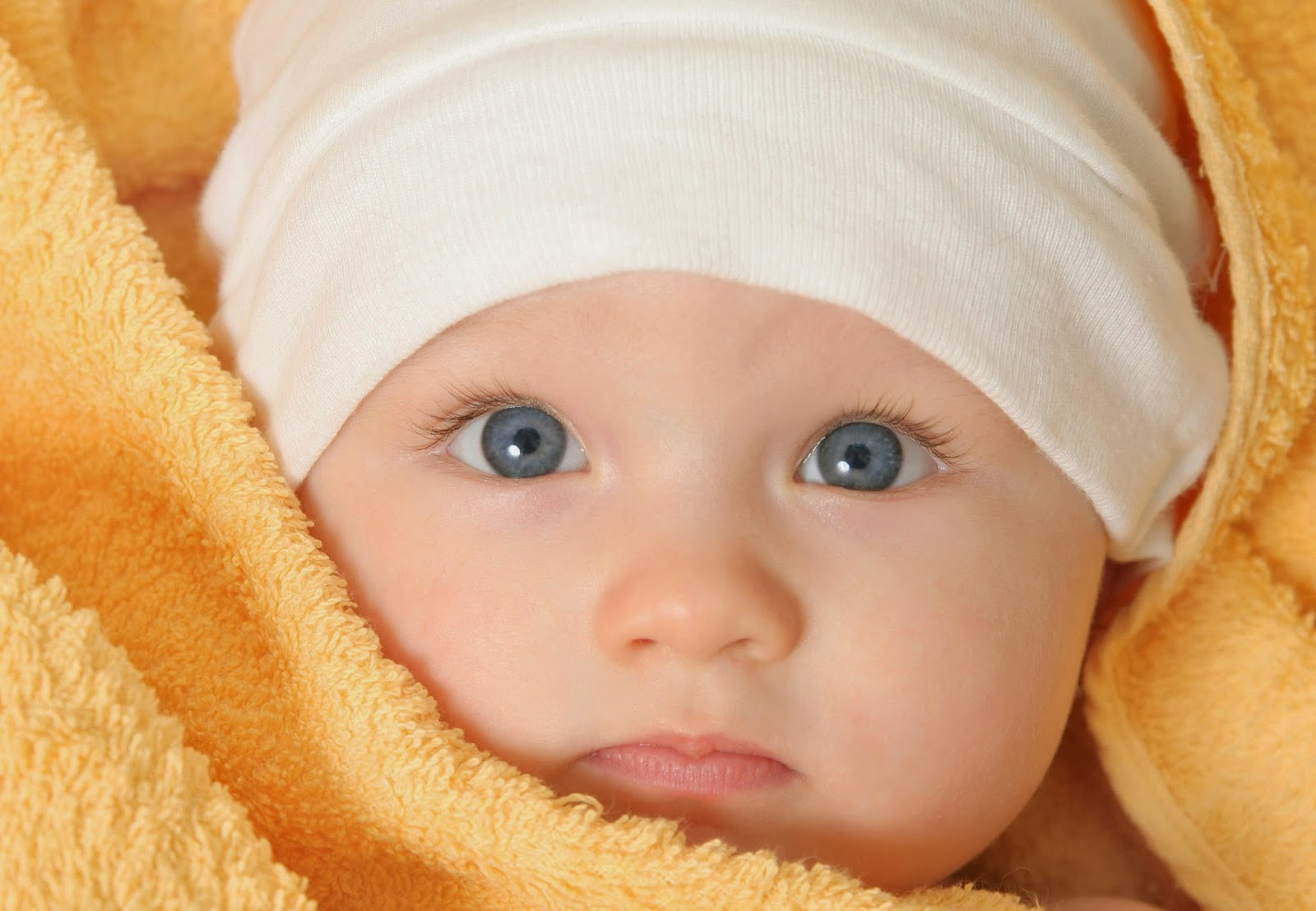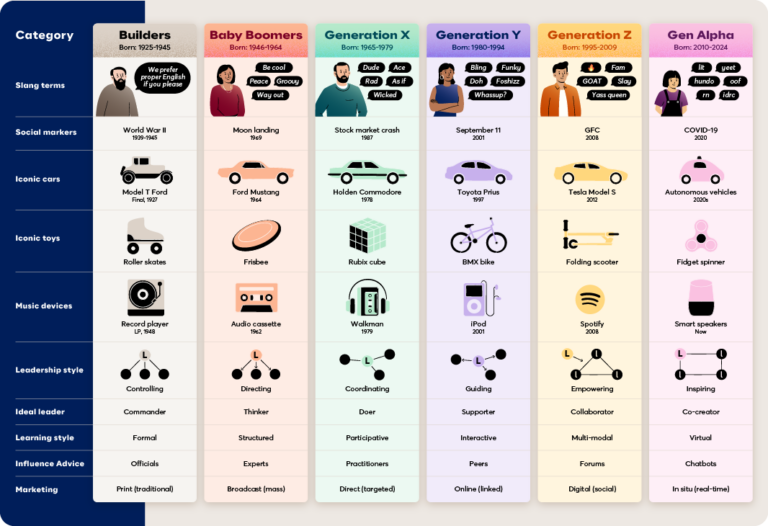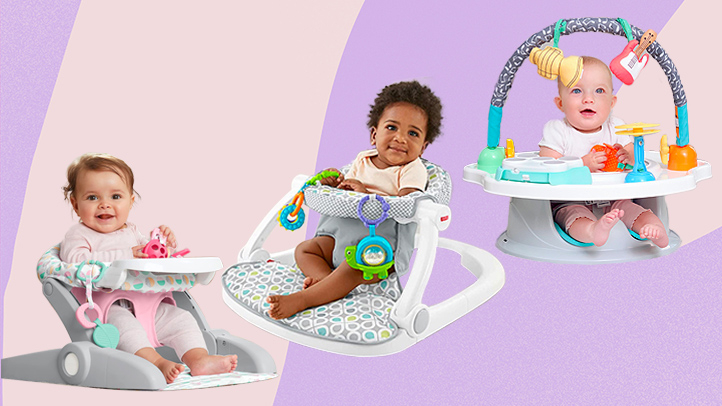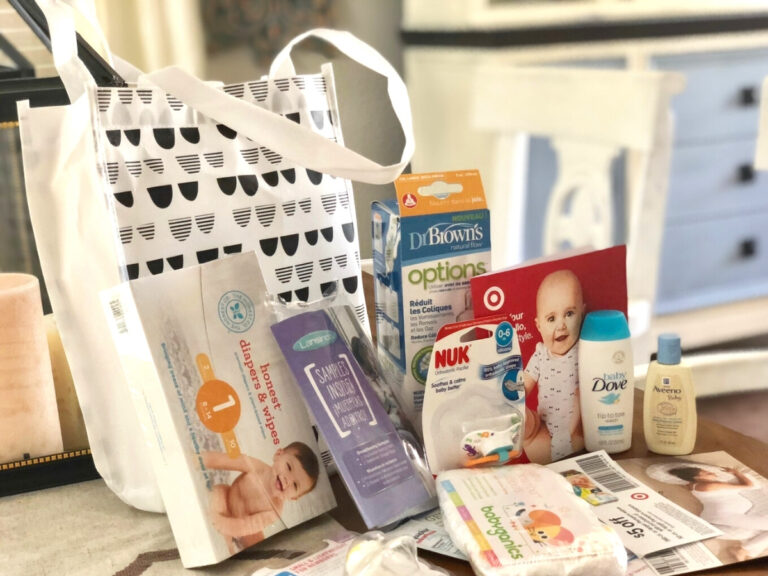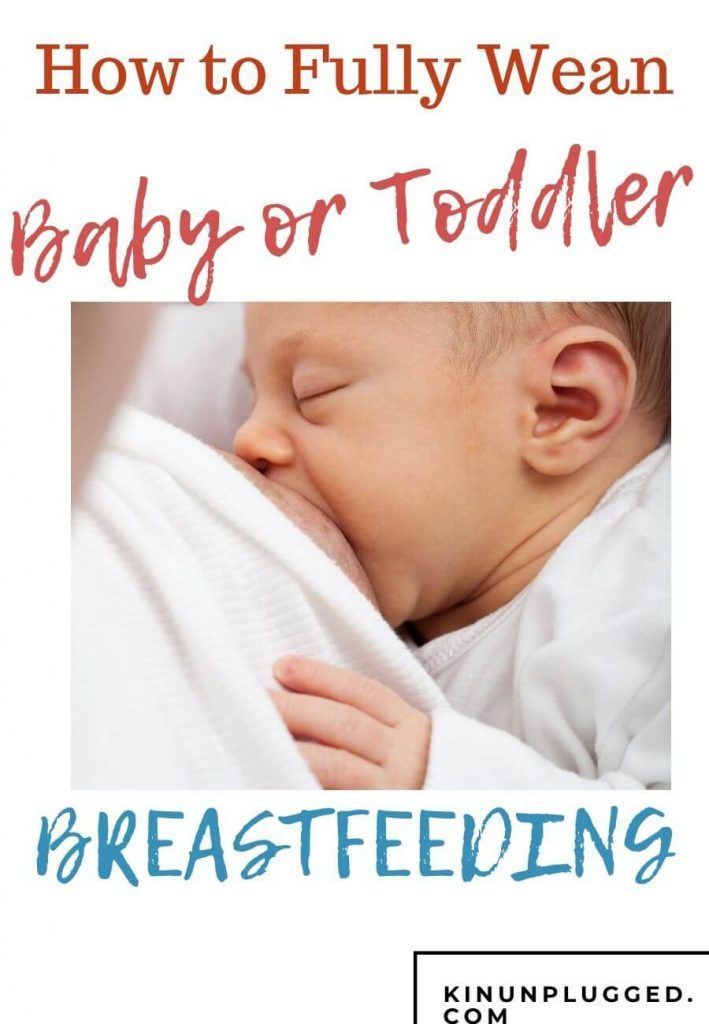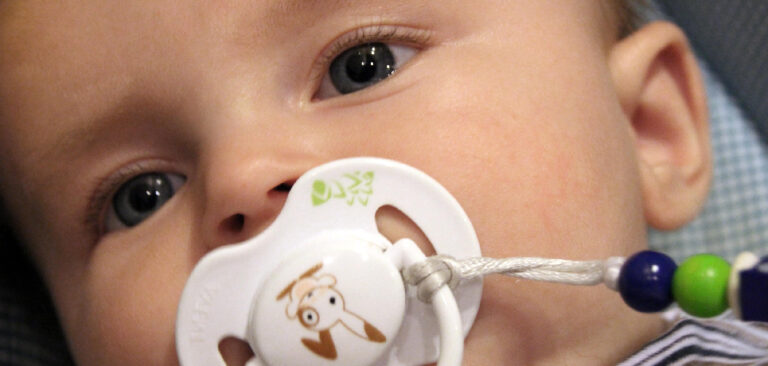Baby Dehydration When To Go To Hospital: What Every Parent Should Know
Dehydration is a common concern for parents, especially when it comes to babies. Knowing when to seek medical help for baby dehydration is crucial in ensuring your little one’s health and well-being. In this article, we will discuss the signs of dehydration in babies, when to go to the hospital, and what you can do to prevent dehydration in the first place.
Knowledge
Dehydration occurs when your baby loses more fluids than they take in, leading to a lack of essential electrolytes in their body. Babies are more susceptible to dehydration than adults because of their smaller size and higher metabolic rate. Common causes of dehydration in babies include vomiting, diarrhea, fever, excessive sweating, and not drinking enough fluids.
It’s essential to be able to recognize the signs of dehydration in your baby so that you can take prompt action. Some common signs of dehydration in babies include:
If you notice any of these signs in your baby, it’s essential to act quickly to prevent further complications.
If your baby shows signs of severe dehydration, such as sunken eyes, lethargy, rapid breathing, or a weak pulse, you should seek immediate medical attention. Additionally, if your baby is unable to keep down fluids, has blood in their stool, or has a high fever, it’s crucial to go to the hospital right away. Dehydration can be life-threatening if left untreated, so it’s better to be safe than sorry.
Prevention is key when it comes to dehydration in babies. Make sure to offer your baby plenty of fluids, especially if they are sick or in hot weather. Breastfeeding or formula feeding regularly can help keep your baby hydrated. If your baby is vomiting or has diarrhea, consult your pediatrician for guidance on how to manage their condition and prevent dehydration.
Conclusion
In conclusion, knowing when to go to the hospital for baby dehydration is essential for every parent. By recognizing the signs of dehydration, acting promptly, and taking steps to prevent dehydration in the first place, you can help keep your baby healthy and happy. Remember, it’s always better to err on the side of caution when it comes to your baby’s health.
Overall, this article is aimed at parents and caregivers who want to ensure they are well-informed about baby dehydration and when to seek medical help. By understanding the signs and symptoms of dehydration and knowing when to go to the hospital, you can take the necessary steps to protect your baby’s health.
Dehydration in babies is a serious issue that can have severe consequences if not addressed promptly. By being aware of the signs of dehydration, knowing when to seek medical help, and taking preventive measures, you can help keep your baby safe and healthy. Remember, your baby’s health is always a top priority, so don’t hesitate to seek medical attention if you have any concerns about dehydration.
